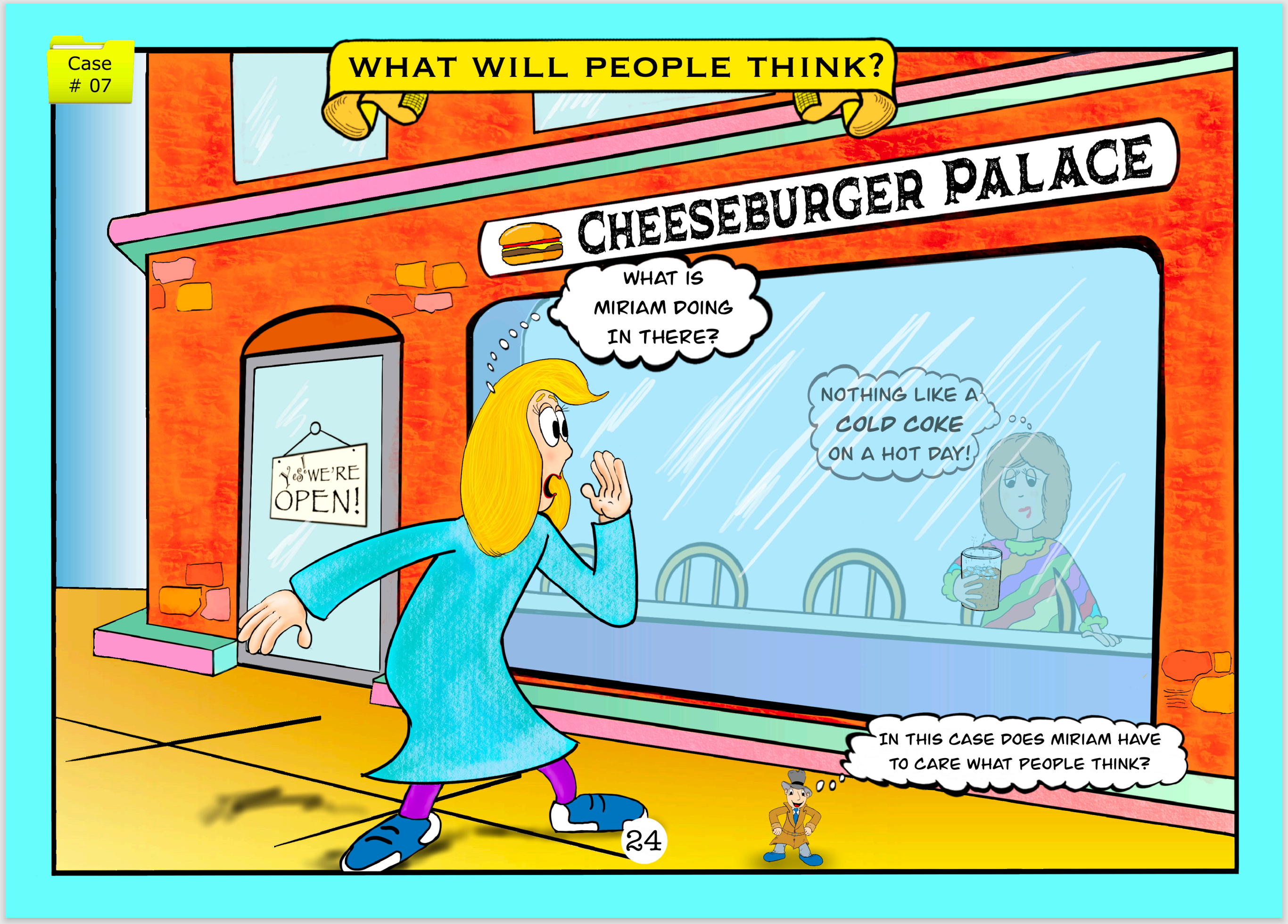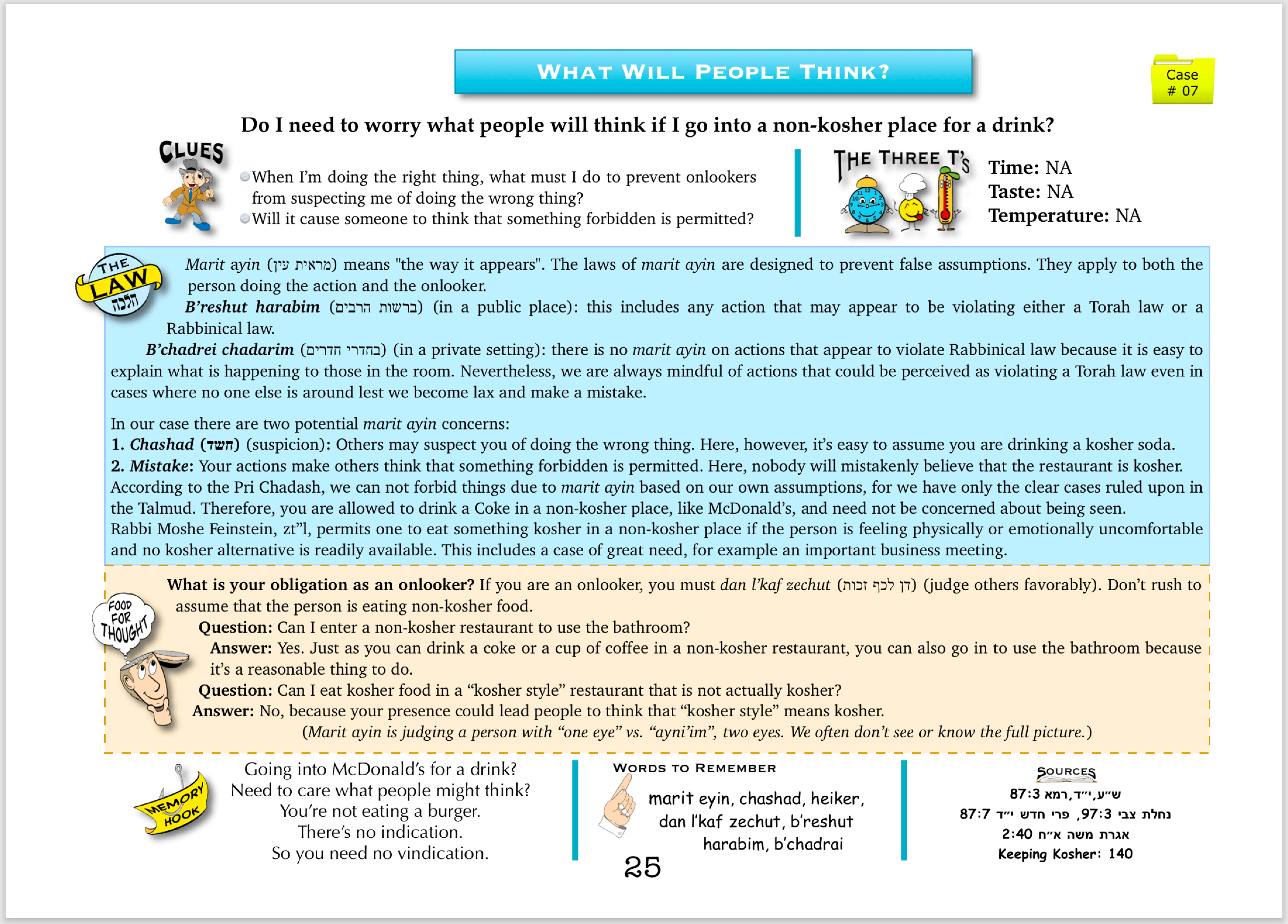He shall say to them, “Hear O’ Israel, you are coming to battle against your enemies; let your heart not be faint; do not be afraid, do not panic, and do not be broken before them.” (20:3) The Mishna in Sotah 42A explains: Let not your heart be faint – at the neighing of the horses and the brandishing of swords. Do not be afraid – by the crash of shields and the tramp of the soldiers’ boots. Do not panic – at the sound of their trumpets. And do not be broken – by the sound of battle cries. For Hashem is your God, is the One Who goes with you, to fight for you with your enemies, to save you. (20:4)
Would you classify the following activities as life threatening: a plane trip, driving a car, riding in an elevator, taking an ocean cruise, a hike in the mountains, a swim in the sea, etc.? Well, even stepping up on a ladder can be risky, as we all know. Yet rarely do we stop to contemplate the danger that is always close at hand and that it is only Hashem’s continual divine providence that protects us from death!
Still, it seems that the best way of arousing our fear and awareness is through the imagery of waging a war. The following story will explain why this is so.
Rodger Tutt, a WWll vet, explicitly addresses the issue of atheism during war. Recalling the hours he lay at the bottom of a deep crevasse, dehydrated, alone and with a broken leg, he states: “At first I was totally convinced I was on my own, that no one was ever coming to get me. I had stopped believing in God many years before becoming a soldier. Until I was faced with death, it never once occurred to me what it really meant to die. And by contemplating my death I understood how much I wanted to live. I began to pray fervently, begging God to save my life and I immediately felt calmer, knowing that I had appealed to the most powerful force possible.” He was rescued shortly after.
Would you classify resisting temptations presented to us by the Yaitzer Hara a battle of life and death? Aren't we engaged in a daily battle against the Satan to protect our souls? Do we contemplate the ramifications of "going of our diet"?
War is a powerful teacher. It gives us a taste of pure, unadulterated fear. By facing death we learn to value life. The Chafetz Chaim says that, often the struggle against the evil inclination is expressed in war terms and the “methods used in war that bring fear upon man.” Ideally, this will bring a man to contemplate on the source of his fear and realize that if he fears the One, he then fears no one. Such dedication is the ultimate source of our strength that drives us to victory over evil.
Over the years people have asked me if I would ever draw cartoons depicting some of the cases found in Yora Daya. Well, the answer is yes! I recently published a sefer called The Great Game of Kashrut. Click on the link to find out more: The Great Game of Kashrut
Speaking of temptation, is you are thirsty are you allowed to purchase a quenching drink in a non Kosher restaurant? When you're sitting there will you be tempted to buy a cheeseburger? And what about people who see you drinking, will they suspect you of eating non Kosher food even though it's clear you're not? Are we, as Jews, commanded to be suspicious or commanded to give the benefit of doubt? Or perhaps some judgement "in between"?


To order a copy of The Great Game of Kashrut follow this link: The Great Game of Kashrut
If you would like to dedicate a Davar Torah in honor of a special occasion or in memory of a beloved family member please contact Yisroel Simon at yisroel@judaism613.com.
Good Shabbos,R’ Channenjudaism613.org